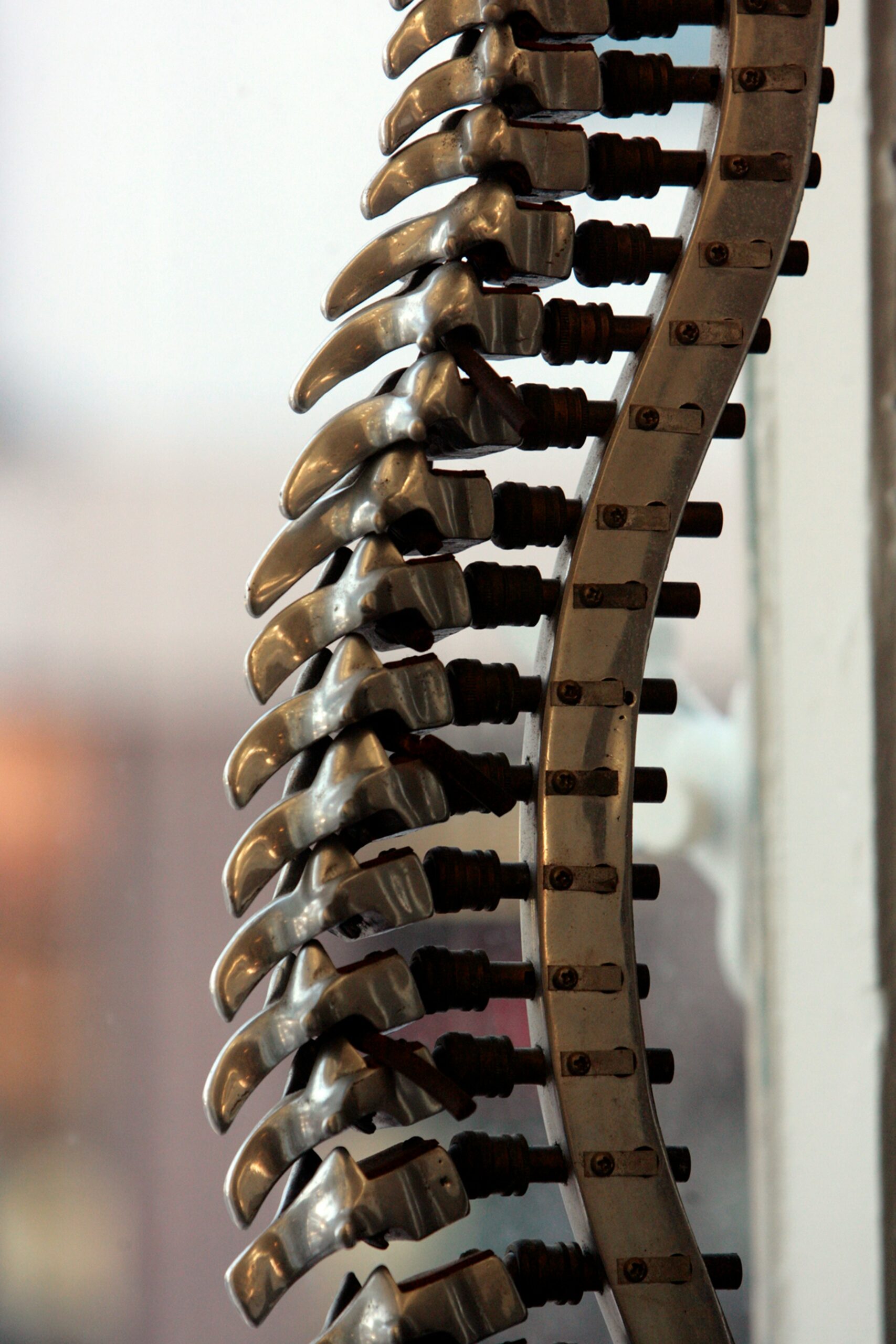
The spine is an incredibly vital part of the body, playing a crucial role in both mobility and overall health. When something goes wrong with your spine, it can lead to pain, discomfort, and serious long-term health issues. Recognizing the warning signs early can help prevent further damage and ensure timely medical intervention. In this article, we’ll explore the key signs that your spine might need medical attention.
Persistent Back Pain
Back pain is one of the most common complaints, but persistent or worsening back pain should never be ignored. While occasional back pain can result from overexertion or poor posture, pain that lasts for several weeks or gets progressively worse could indicate a more serious issue. If the pain doesn’t improve with rest, or if it radiates down your legs, you may have a problem that requires professional care.
Additionally, back pain combined with symptoms like numbness or tingling could be a sign of nerve compression or a herniated disc. It’s essential to seek medical attention if the pain interferes with your daily activities. Left untreated, nerve issues can become permanent, so early intervention is critical for a full recovery.
Difficulty Moving or Bending
If you find it difficult to move or bend, this could be a red flag that something is wrong with your spine. Stiffness or limited range of motion is often a sign of spinal issues like arthritis, herniated discs, or muscle spasms. For instance, conditions such as spinal stenosis, where the spinal column narrows and presses on the nerves, can cause significant discomfort when trying to move.
Furthermore, when bending or twisting becomes painful or restricted, it may signal that your spine isn’t functioning correctly. Even simple movements, such as picking up a grocery bag or bending to tie your shoes, can become painful. If this happens regularly, it’s a good idea to consult a healthcare professional to identify the root cause and avoid exacerbating the problem.
Numbness, Tingling, or Weakness
Numbness, tingling, or weakness in the arms or legs are warning signs that should not be ignored. These sensations often point to nerve involvement, which may occur when the spinal nerves are compressed or irritated. For example, a herniated disc can press on nerves, causing tingling or numbness that can spread into the limbs. This type of nerve-related issue is not something you want to ignore, as untreated nerve damage could lead to permanent weakness or loss of sensation.
Moreover, if you experience any weakness in your legs or arms, especially if it worsens over time, it’s crucial to seek medical attention. Weakness in the lower body, in particular, may indicate that the spinal cord or nerves in the lower back are under pressure. Prompt treatment can help prevent permanent nerve damage.
Loss of Bladder or Bowel Control
Losing control of your bladder or bowels is a serious issue that demands immediate attention. This condition, known as cauda equina syndrome, occurs when the nerves at the bottom of the spinal cord are compressed. Cauda equina syndrome is a medical emergency that can result in permanent paralysis, incontinence, or sexual dysfunction if not treated right away. If you notice any signs of incontinence, especially if they occur alongside severe lower back pain or numbness in the legs, get medical help immediately.
Moreover, any new onset of bladder or bowel issues without a clear cause should be thoroughly investigated by a doctor. The sooner you address the problem, the better your chances of avoiding long-term complications.
Unexpected Weight Loss or Fever
Unexpected weight loss or fever, combined with back pain, is another serious warning sign. These symptoms could indicate an infection or cancer that affects the spine. For example, infections like osteomyelitis or discitis can cause fever and pain in the spine, often accompanied by weight loss.
If you experience fever or significant weight loss along with back pain or stiffness, don’t delay seeing a doctor. Early diagnosis and treatment of conditions like infections or cancer can significantly improve your prognosis and quality of life.